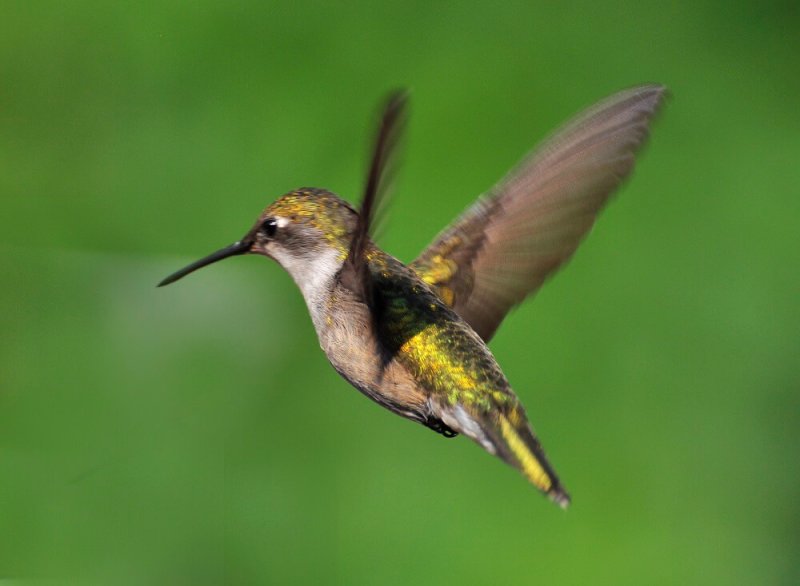Capturing wild birds and force-feeding 3-10% of a lethal dose (of anything) is cruel. It’s not surprising birds would become sick, disoriented and lose weight. What then was surprising about Eng et al’s recent study? The doses of neonics used for force-feeding were not supported by field observations, they were only what the authors considered “a bird could realistically consume if they accidentally ingested”. Therefore, the key question, if significant numbers of birds actually eat enough neonic-dressed seed to impact them, remains unanswered. As for their previous similar study.
Since there wasn’t demonstrated field relevance, and results were unsurprising, how come these studies were published in premium journals? It seems that studies supporting widely-held prejudicial views for which society has been primed by pressure groups, are held to different standards. We should not be surprised, science is a human endeavor, and is subject to biases and societal forces. Furthermore, for matters involving farming these biases are particularly problematic. The modern societies from which scientists, editors and reviewers are drawn are essentially urban; misconceptions and naïve assumptions about food production are widespread.
…
Whilst public opinion is weighed against “pesticides” …. matters are more complex than widely appreciated.
Read full, original article: RE: Properly framed and balanced science is needed to inform policy makers on “pesticides”































